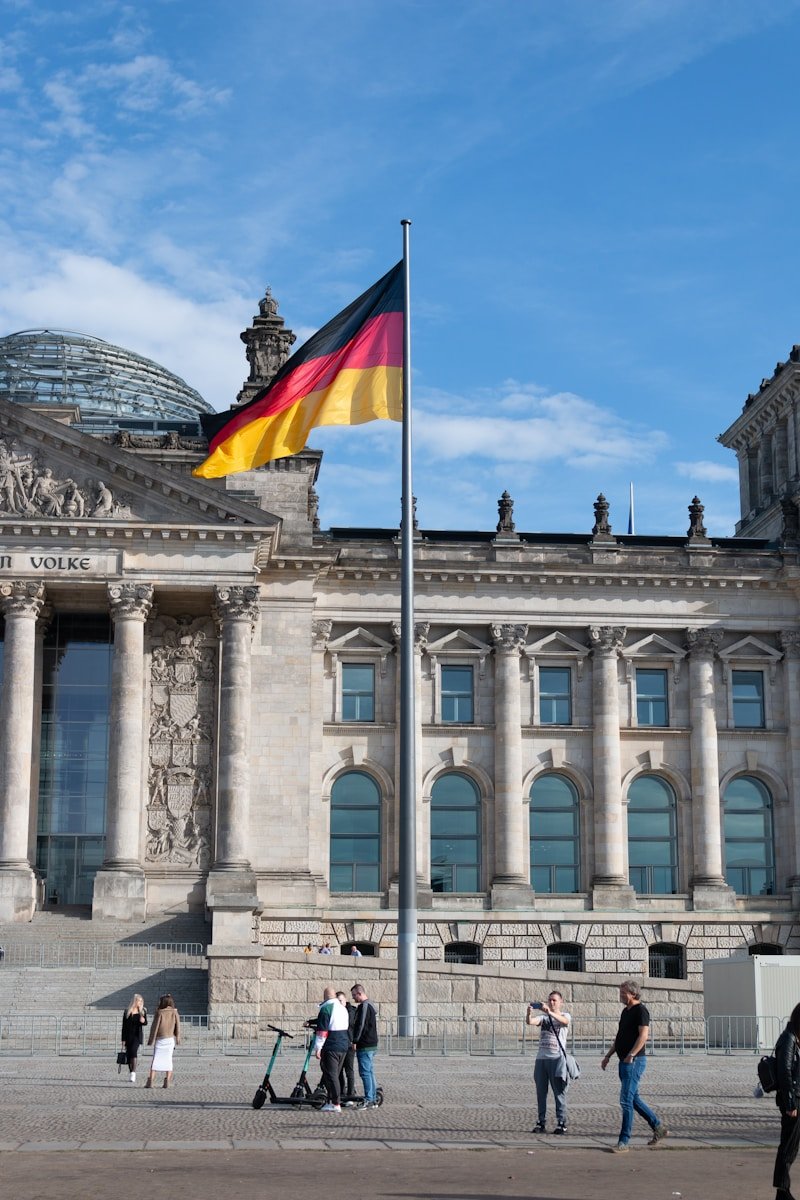
Introduction to the Crisis
Germany has witnessed a significant political upheaval after Chancellor Olaf Scholz made a drastic decision to fire Finance Minister Christian Lindner from the pro-business Free Democrats. This late-night action, following marathon crisis meetings, has led to the disintegration of the existing government coalition.
The Immediate Aftermath
In a swift response to Lindner’s dismissal, the remaining three ministers from the Free Democrats have resigned, marking the coalition’s downfall. The political landscape is now uncertain, as Chancellor Scholz prepares to govern with a minority cabinet. Consequently, the opposition parties have initiated calls for an immediate no-confidence vote against the Scholz administration.
Shifts in Ministerial Positions
Interestingly, at the early hours of Thursday, a surprising twist occurred when Transport Minister Volker Wissing retracted his resignation. He stated that after discussions with Scholz, he would continue in his role but leave the Free Democrats party. Meanwhile, Christian Lindner is set to receive his dismissal certificate from President Frank-Walter Steinmeier, with expectations that a successor will be appointed shortly after. Reports suggest that Jörg Kukies, an economic advisor to the Chancellor, is poised to take over as the next Finance Minister. Additionally, the positions for the research and justice ministers who also resigned are likely to be filled soon.



